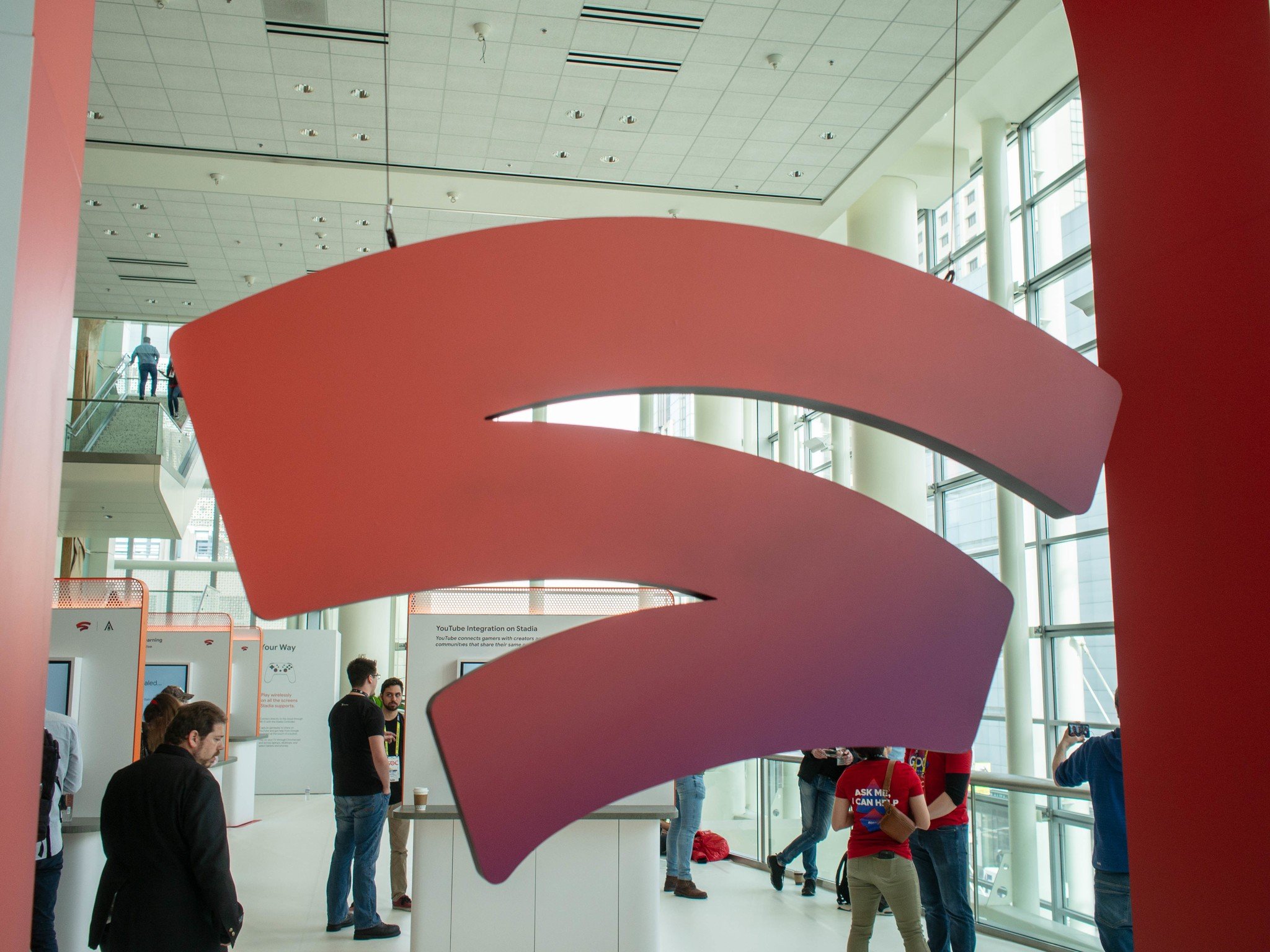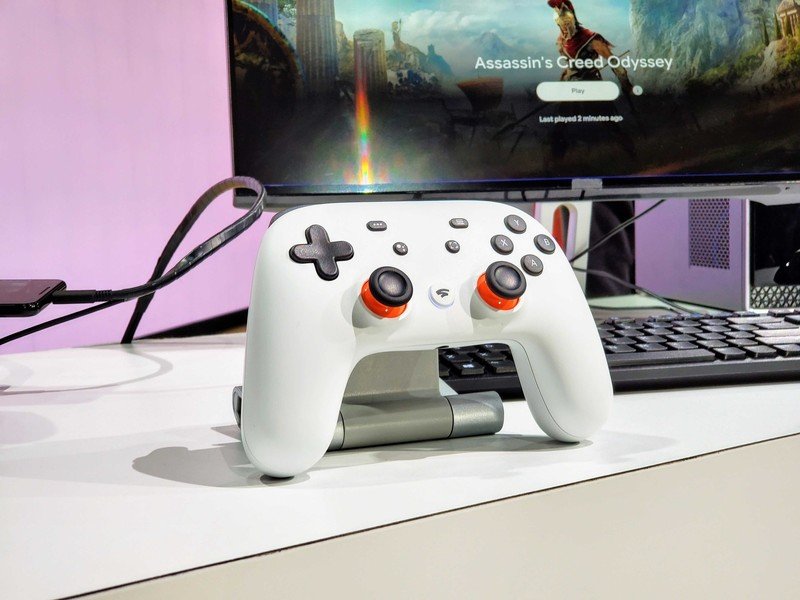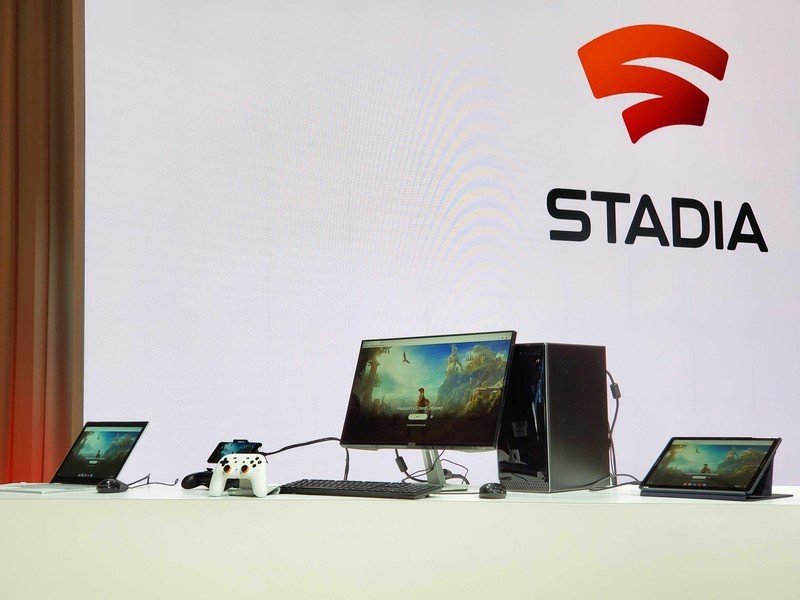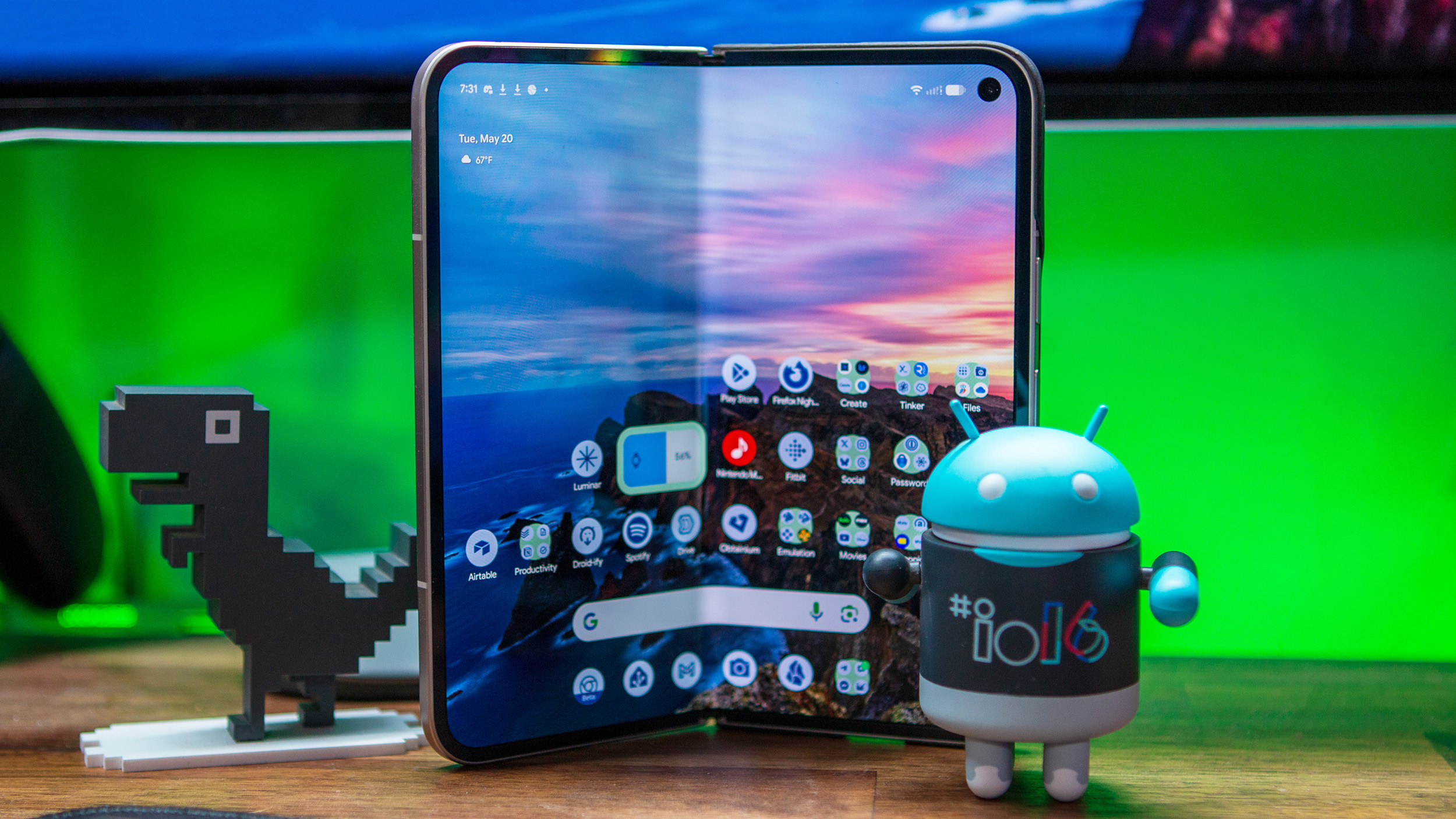If Stadia works the way Google says it will, I'll never buy a console again

I'm not old enough to have memories with consoles like the Nintendo 64 or Saga Saturn, but I've been a lover of video games since I can remember. My very first gaming system was the Gameboy Color, followed by the PlayStation 2 which I sunk waaay too many hours into as kid. Those were followed by the likes of the OG Nintendo DS, PSP Go, PS3, Xbox 360, etc. In other words, I really like video games. And honestly, who wouldn't? They're engaging, exciting, and one of the best forms of entertainment we have access to.
Like probably ever gamer out there, I was really excited to hear what Google had to talk about at its GDC press conference this past Wednesday. That conference is where Google announced its new game streaming service Stadia, and if it works out the way Google's saying it will, I may never buy another console ever again.
We have a big guide talking all about what Stadia is, but here's the quick rundown for anyone that may have missed the announcement — Stadia is a new service from Google that allows you to play video games by streaming them similar to how you watch shows on Netflix or YouTube. Because the games are streamed and not download files or on a disc, you can play big, AAA titles like Assassin's Creed and DOOM on a computer, smartphone, tablet, or a TV using a Chromecast. As long as you have access to a reliable internet connection, you'll be able to play.

Google says this will make games more accessible, and for the most part, it's right.
Before you can start playing anything, you need to either buy a console or gaming PC. Flagship systems like the PlayStation 4 Pro and Xbox One X cost around $400, and even if you go for something more affordable like the PS4 Slim or Xbox One S, that's still $200 - $300 you need to cough up. And, once you do have a console, there are the joys of waiting for games to install and downloading updates for them. With Stadia, the idea is that you can start playing instantly on any device you want with nothing to download, update, or install.
To be fair, Stadia is far from the first service of its kind. NVIDIA GeForce Now, PlayStation Now, Shadow, and Vortex are all trying to do the same thing — not to mention that Microsoft's also expected to announce something similar at E3 with Project xCloud.
The potential Google has with Stadia is unfathomable.
But even so, Stadia still has my interest more than anything we've seen. Google proved during its Project Stream beta late last year that it has the technology to make game streaming an enjoyable experience, and it's only gotten better since then. Google claims Stadia will offer gameplay at 4K and 60 FPS at launch, essentially giving it the performance of an Xbox One X. Later on down the road, Stadia will support 8K at 120 FPS. This next generation of consoles could do 8K at 120 FPS, but there's the age-old issue of needing to buy new hardware to get the best performance. With Stadia, you essentially have access to a system that's constantly improving without you having to go out and buy a new console every 5 years or so.
Get the latest news from Android Central, your trusted companion in the world of Android
So, what's the catch?

There's still a lot Google's not telling us. We don't know how much data Stadia's going to eat up while playing, what games will be available, or even how much it'll cost. Will users need to spend $60 on titles as one-time purchases, or will Google offer a subscription-based model where you get access to a collection of games for a recurring fee? Right now, we simply do not know.
Those are some big questions that need to be answered, but if the library's there and the pricing model is fair, Microsoft and Sony are going to have a tough time making an argument as to why players should spend hundreds of dollars on their next consoles.
I'm interested to see what the PS5 and Xbox Two bring to the table, but for the first time in as long as I can remember, I don't think I'll want to rush out and buy them to replace my current consoles. Stadia could end up being a complete dumpsterfire and not at all what we're expecting, but if Google manages to deliver on the promises it's making — which I think it will — it really does have potential to change the gaming industry as we know it.
Stadia hands-on: Big gaming promises and lots of unanswered questions
Joe Maring was a Senior Editor for Android Central between 2017 and 2021. You can reach him on Twitter at @JoeMaring1.

